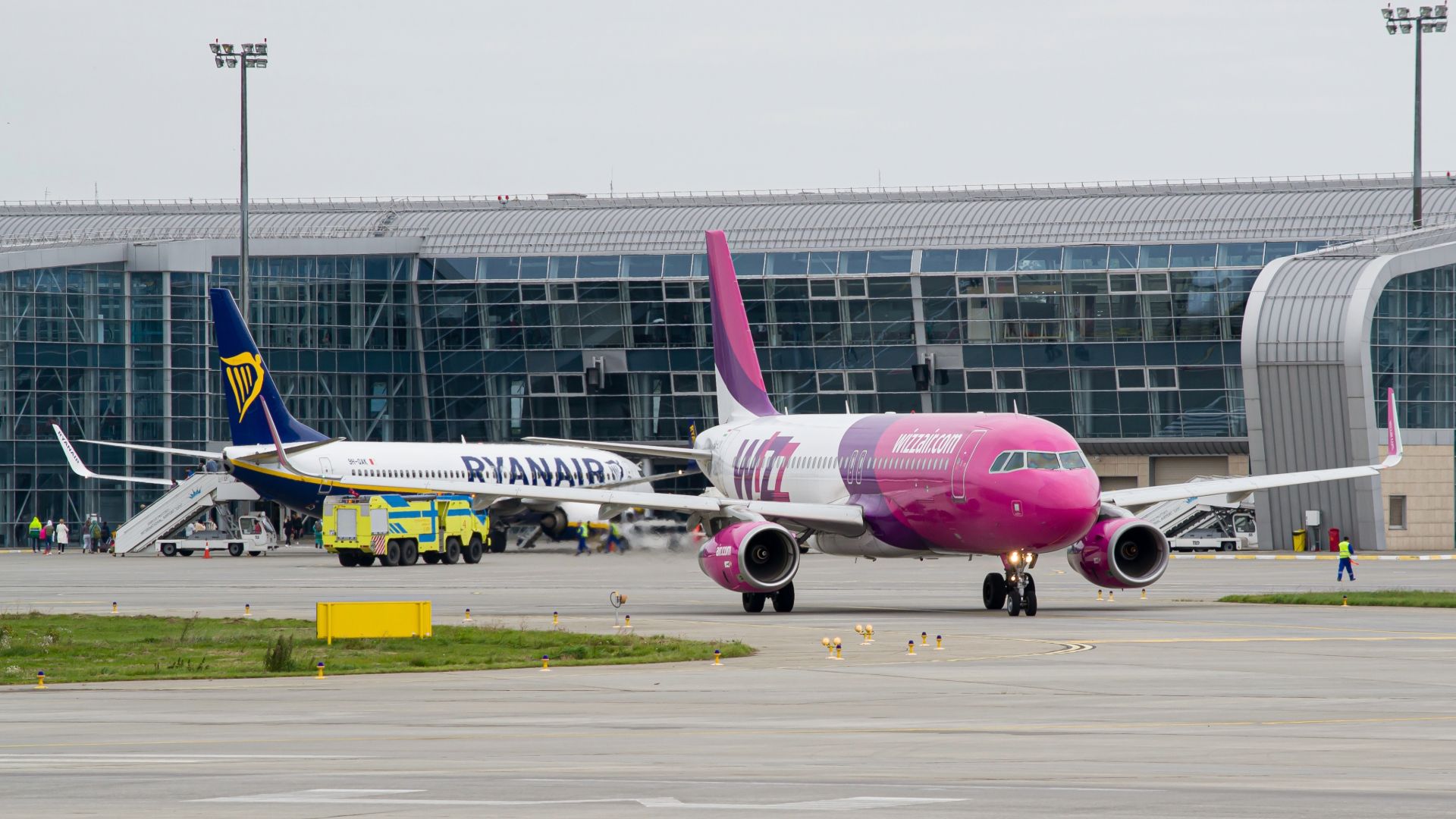URGENT UPDATE: Major UK airlines, Ryanair and Wizz Air, have issued stark warnings about the future of air travel in the UK, citing rising costs from newly announced air travel taxes. As reported by the Financial Times, both carriers are considering scaling back operations in the UK due to the hike in Air Passenger Duty (APD) set to take effect on April 1, 2026.
The announcement comes on the heels of Chancellor Rachel Reeves revealing increases in flight taxes during the Autumn Budget 2024. Passengers will face an additional $2.63 (£2) for the cheapest seats and potentially a staggering 50% increase for private jet flights. This decision has sparked outrage among airlines and airports, who argue that such increases could stifle the UK aviation sector’s growth and global competitiveness.
Both airlines emphasize the dire implications of the rising APD, which is already among the highest in the world. The tax burden is based on flight distance and travel class, with economy passengers facing charges of around $9.21 (£7) for domestic flights and up to $126 (£94) for long-haul journeys. Ryanair’s CEO, Michael O’Leary, stated, “If [the UK] raises APD again on domestic flights, then there will be a cut in capacity, no question.”
Wizz Air’s Chief Operations Officer, Michael Delehant, echoed this sentiment, noting that the UK market could become “very growth stunted.” He pointed to the airline’s recent decisions to relocate aircraft from Vienna to Slovakia as evidence of their willingness to shift operations to more cost-effective markets.
The effects of these tax increases could be felt far beyond just airline operations. According to AirportsUK, each aircraft based in the UK supports approximately 400 jobs and contributes around $35 million (£27 million) to the economy annually. With rising costs, both airlines and airports warn of broader economic implications, including potential job losses, particularly at regional airports.
In response to the looming tax hikes, Ryanair has already made operational adjustments across Europe, cutting over 800,000 seats and canceling 24 routes in Germany alone. The airline has also reduced its capacity in Spain by two million seats this year, citing excessive airport fees. Wizz Air has similarly expressed concerns about the unsustainable pricing at major airports, such as London Gatwick, which is currently recognized as the most expensive in their network.
As the aviation landscape shifts in response to these rising costs, experts warn that continued tax hikes could lead to fewer flights, higher fares, and an overall decline in tourism and investment in the UK aviation sector.
WHAT’S NEXT: Industry stakeholders are closely watching any further announcements from the government regarding APD and other fees. If the trend of increasing taxes continues, airlines may further divert their resources and future aircraft orders to more competitive markets, leaving the UK at a disadvantage.
The situation remains fluid, and the urgency behind these developments is undeniable. As consumers and travelers prepare for potential changes in air travel, the impacts of these rising costs could reshape not just airline operations but the broader economic health of the UK. Stay tuned for more updates as this story develops.







